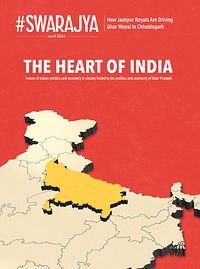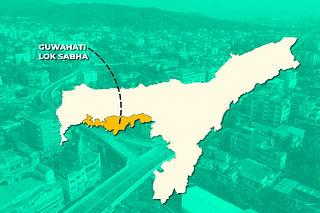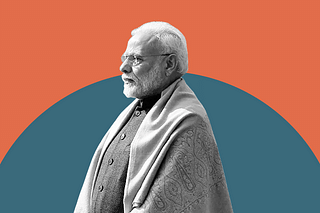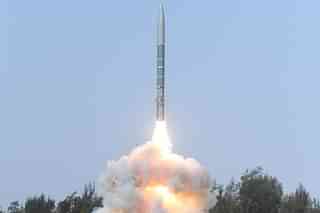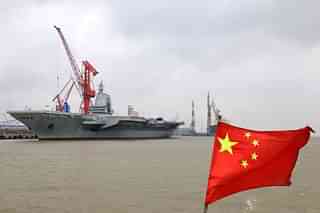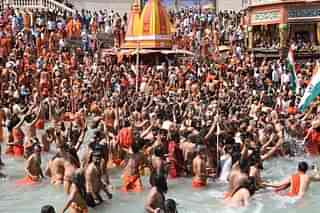Infrastructure
Bengaluru Metro: Eight Firms Bid For Feasibility Study Of 52-Km Tumakuru Extension
V Bhagya Subhashini
Apr 25, 2024, 06:34 PM | Updated 06:34 PM IST
Save & read from anywhere!
Bookmark stories for easy access on any device or the Swarajya app.
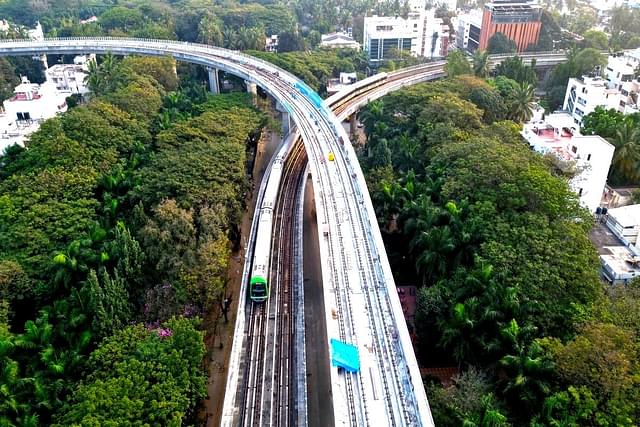
Eight consultancy firms have expressed interest in preparing the feasibility study report for the proposed 52-km Bengaluru metro rail extension from Madavara to Tumakuru.
Should the project prove feasible, it will be executed under a public private partnership (PPP) model.
Among the bidders are state-backed RITES Limited, Systra MVA Consulting, and Aarvee Associates. Bangalore Metro Rail Corporation Limited (BMRCL) officials have indicated that the consultant will be selected following technical and financial evaluations.
The initiative comes in the wake of Chief Minister Siddaramaiah's budget announcement to extend the metro to Tumakuru. However, this move has sparked some controversy, as metro systems are traditionally designed for intra-city transportation rather than inter-city connectivity.
Home Minister G Parameshwara has been advocating for the metro extension to his hometown without waiting for the feasibility study results or considering alternatives like expanding the suburban rail network from Chikkabanavara.
A BMRCL official stated, "Once the feasibility study is completed, stakeholders will have a clearer understanding of whether to proceed with the project or not."
The official also clarified that the feasibility study does not guarantee the extension of the metro to Tumakuru, reports Deccan Herald.
Earlier in February, BMRCL had invited tenders for a feasibility study of a broader metro network spanning 118 km, covering stretches like Challaghatta-Bidadi, Silk Institute-Harohalli, Bommasandra-Attibele, and Kalena Agrahara to Kadugodi via Jigani, Anekal, Sarjapura, Varthur. The names of the bidders for this project are yet to be disclosed.
In a related development, BMRCL is close to finalising the detailed project report (DPR) for the Sarjapura Road-Hebbal metro line, which will have 36 metro stations.
Officials mentioned that the DPR will be submitted to the state government once the election code of conduct concludes.
Currently, the city metro stands as India’s second longest operational metro network, spanning 73.81 kilometres, following the Delhi Metro.
Two operational corridors serve the city. The East-West Corridor stretches 43.49 kilometres, running from Whitefield Station in the east to Challagatta Terminal in the west.
The North-South Corridor covers 30.32 kilometres, with Nagasandra Station marking its northernmost point and Silk Institute Station situated at its southern end.
Save & read from anywhere!
Bookmark stories for easy access on any device or the Swarajya app.
Support Swarajya's 50 Ground Reports Project & Sponsor A Story
Every general election Swarajya does a 50 ground reports project.
Aimed only at serious readers and those who appreciate the nuances of political undercurrents, the project provides a sense of India's electoral landscape. As you know, these reports are produced after considerable investment of travel, time and effort on the ground.
This time too we've kicked off the project in style and have covered over 30 constituencies already. If you're someone who appreciates such work and have enjoyed our coverage please consider sponsoring a ground report for just Rs 2999 to Rs 19,999 - it goes a long way in helping us produce more quality reportage.
You can also back this project by becoming a subscriber for as little as Rs 999 - so do click on this links and choose a plan that suits you and back us.
Click below to contribute.
